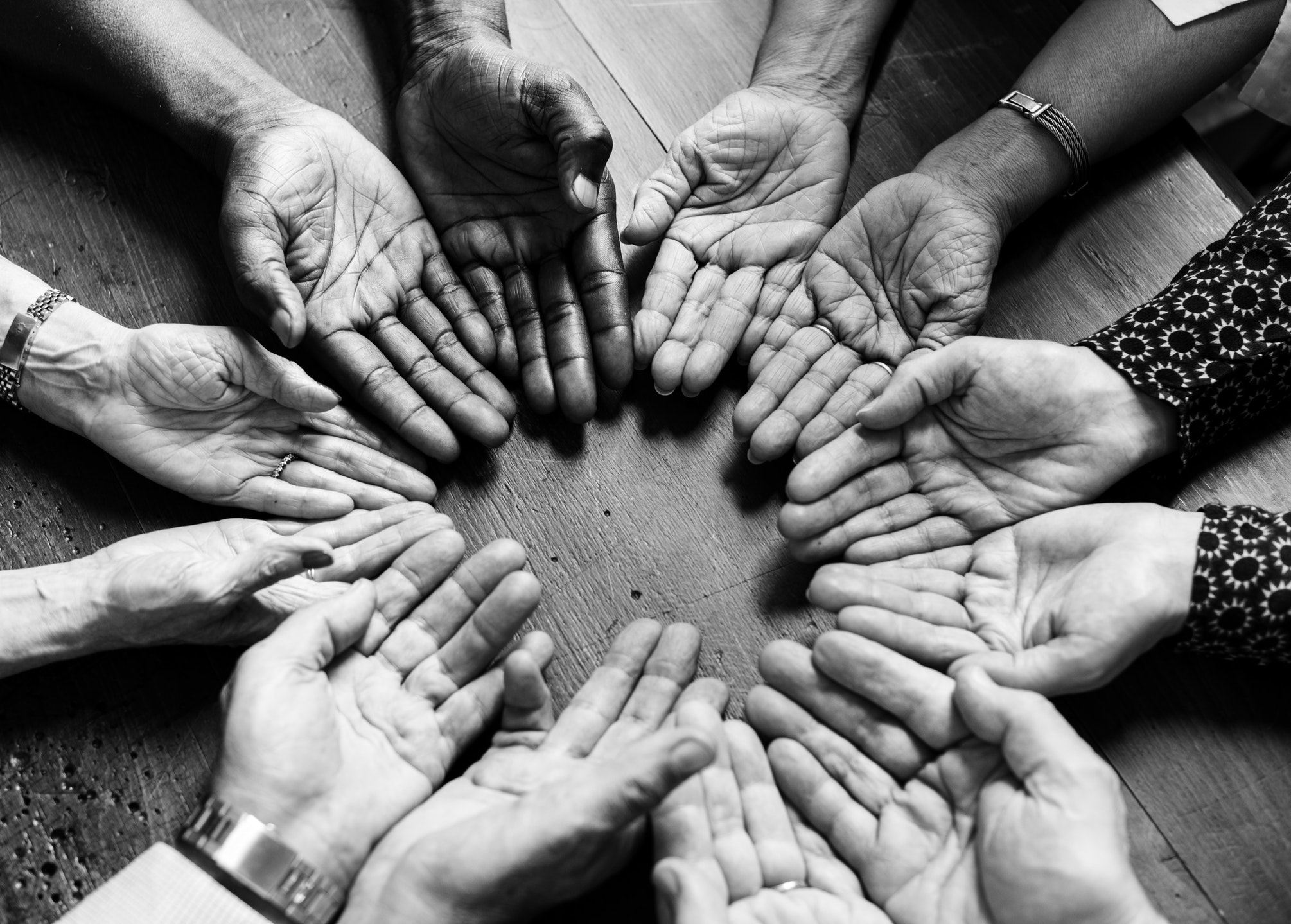Dear decision-makers, who wish to make your organizations more agile, do not long for heroes and saviors for your agile transformation. And please stop copying blueprints and using frameworks to introduce agility via a recipe. An agile transformation is not a project, but a long journey without a clear objective on which an organization that has become too rigid in the past becomes an increasingly adaptable one. Uncertainty is part of change, but heroes and recipes are not. On the contrary, heroes and doers make people dependent by providing heroic solutions rather than empowering teams to find those solutions themselves.
A good traveler has no fixed plans and is not intent on arriving.
Lao Tzu
Culture can be defined as the sum of behavioural patterns in organisations. It clearly manifests itself in form of promotions and rewards. Often these go to the heroes and doers who have everything under control and oil on their fingers. But where heroes are demanded and promoted, there will automatically be situations that require heroes, so that the culture confirms itself. This explains the call for heroes, especially in difficult and uncertain times with great challenges, and preferably such heroes with a proven and very simple recipe.
For every complex problem there is an answer that is clear, simple, and wrong.
H. L. Mencken
After many years and aberrations, my leadership philosophy can best be summed up in the guideline of Götz W. Werner: “Today, leadership is only legitimate if it has the self-leadership of the employees entrusted to it as its goal”. This new leadership must meet with resistance and confusion in hero cultures and is interpreted somewhere between laziness, inability and neglect of the duty of care.
Now this could be considered my personal problem. But one can also see this as a cultural challenge and ask oneself what kind of leadership is conducive to agile transformation: the loud doers with the oil on their fingers or the creators, the initiators, the lateral and new thinkers, the networkers and coaches, for whom the cause, the results and above all the people are more important than their own ego. Based on the principle of self-organization, I come to the same conclusion as Götz W. Werner.
Where culture equates leadership with heroism and heroic doers, autonomy and agility will not thrive without changing this culture.
Agile transformation clearly needs leadership, but it also needs leadership that must aim to empower employees. Certainly, an agile transformation must be organized and shaped. And of course, it also needs impulses and disruptions to keep the change moving; always with the goal of making the organization and especially the people in it successful. And they are successful when there is no longer any necessity for a hero and doer and, according to Lao-Tse, everyone says: “We’ve done it ourselves!”





